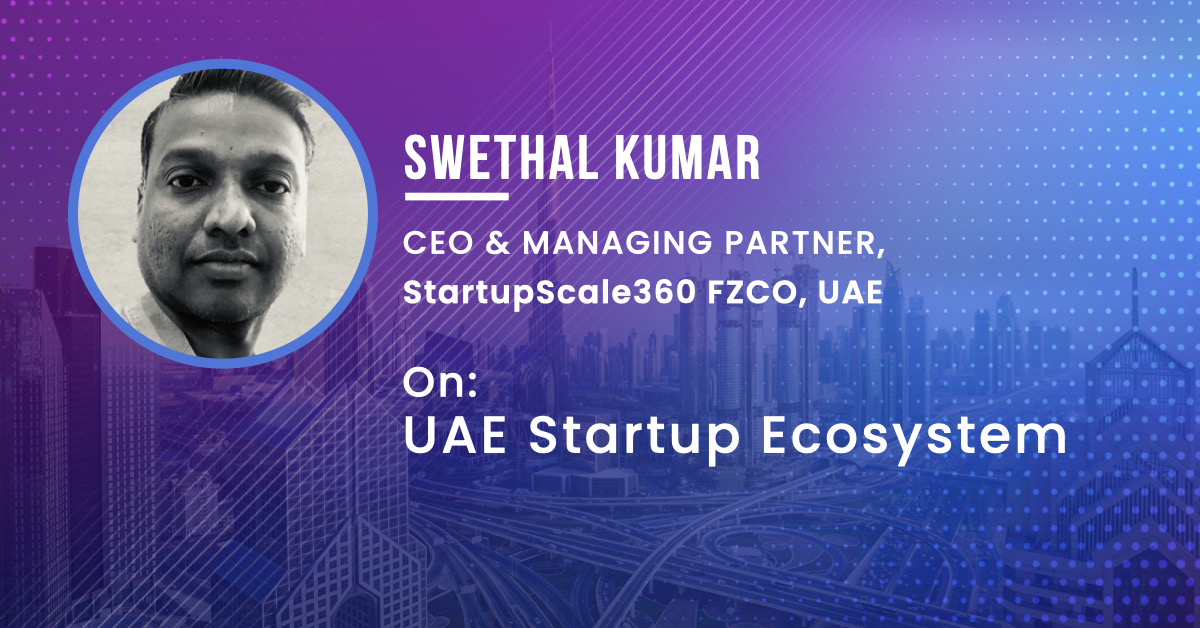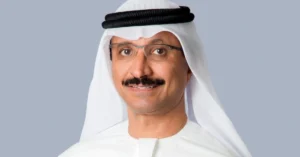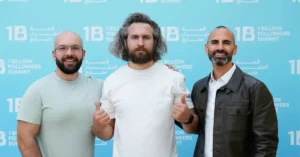International Telecommunication Unions, in collaboration with INPUT Program, Hungary, hosted the 2020 edition of ITU Global Innovation Forum, from 26 to 30 October, to accentuate the importance of entrepreneurship-driven innovation for economic growth and digital inclusion. The COVID-19 pandemic has resulted in stress on value chains and countries’ readiness for a digital economy, significantly affecting social conditions worldwide.
The 5-day virtual event took participants on global and regional learning journeys to empower participants with new approaches, insights, tools, frameworks, communities and relevant case studies to understand how to mainstream sustainable ecosystems that accelerate digital transformation.
The co-organizer INPUT Program, recognized as the UN Global Best Practice Program in 2018, is intent to facilitate the growth and transformation of the Hungarian startup ecosystem by encouraging entrepreneurs and helping them build sustainable ventures. It aims to share its best practice methodologies with other ecosystem players from around the world furthermore co-creating a sustainable innovative global ecosystem with the belief of the power of connectivity. The high-priority government program, INPUT was honored to invite international experts to share their high-value expertise on different essential topics of an innovative ecosystem
As a part of the 5-day programme, ITU in its second-day event, on 27 October, hosted a panel discussion “Develop your ecosystem funding to accelerate scale-up” aimed to drive dialogues from various industry leaders, moderated by Ron Sege, Operating Partner of Benhamou Global Ventures (BGV), and the panelists included:
- Swethal Kumar, CEO & Managing Partner, StartupScale FZCO; Ex-Mubadala and Hub71
- Robert Orr, Managing Partner, Cuna del Mar LP
- Sofien V. Sidhoum, Advisor, West African Venture Capital
- Julia Sohajda, Managing Partner, Vespucci Partners
The session highlighted ways to build a continuum of resources critical for any innovation journey, and very few ecosystems have them, especially in the developing economies.
Speaking of UAE’s startup ecosystem, Swethal Kumar in light of his experience with Mubadala and Hub71 highlighted,
“When it comes to the startup ecosystem, it’s not just an incubation. Last year when we were setting up in Hub71 in Abu Dhabi, we were looking to bring all key stakeholders like corporate innovation labs, government bodies, regulators, Academia for a research facility, investors, accelerators and mentors together to synthesise into a beautiful ecosystem under one roof.”
While speaking about the challenges and funding gaps, Swethal Kumar added,
“Startups generally go through a metamorphosis process at every stage of their life cycle, and there are challenges at each stage. The UAE startup ecosystem is no exception, we have a large sovereign fund that can cater to Series-A and above, but when it comes to startups looking for Pre-Seed or Seed stage capital infusion, there are not enough angel investors to back. On top of that the problem is a lack of awareness. When it comes to family offices, they are more inclined towards co-investing, that simply means that one still needs to have an investor already. There are so many early and growth stage startups operating in the UAE, but still there’s a shortage of VC funds to back them, a phenomenon commonly referred to as the ‘missing middle or valley of death’. So there’s a lot of vacuum that needs to be filled.”
Answering Ron Sege’s question on ‘How regulators in the UAE are supporting the development ecosystem funding’, Swethal Kumar commented,
“As I spent years between Dubai and Abu Dhabi, an example that I would like to share is that of Abu Dhabi Global Market (ADGM) which is attracting a lot of funds to the UAE – making it investor-friendly, setting up the fund without any minimum share capital, creating tax-effective regimes. A fund can outsource roles like Finance Officer, Compliance Officer, Money Laundering Reporting officer etc. Apart from this, the cost of setting up the funds is very reasonable. ADGM also has sandboxes like RegLab or Fintech Digital Lab that enables participants to validate their new solutions.”
Advising the entrepreneurs who seek funding during the pandemic situation, Swethal said,
“Startups primarily need to assess cash flow projections, check the runway and analyse if they have enough dry powder to sustain. They may need to run the business in a more frugal manner to save more costs before tapping funding from investors. Even if an investor has money to deploy, it’s a paradox for an investor whether to bail-out their ailing portfolio companies or look for investing in new opportunities.”
Responding to audience’s question on the role of media in bringing in investors, Swethal said,
“Media plays a vital role in terms of creating awareness, from bringing funding updates, startup growth stories, investment opportunities and also attracting investor interest.”
While summarising the overall view, Swethal concluded by saying,
“Startups need to tap into a network of ecosystems, talk to the key stakeholders of the ecosystem, but even if there’s not a right ecosystem, be a hustler, be a street smart, find your way to navigate and scale up your business.”
Editor’s Note
In my opinion, UAE is one of the most systematic startup ecosystems in the world, facilitating expansion for entrepreneurs and startups globally across multiple sectors, with access to numerous startup hubs, free zones, investors, accelerators, and much more – making UAE one of the most attractive destinations for business, especially for the tech startups. According to Magnitt, in 2019, UAE-based startups raised 60 percent of the total startup investments that happened across the MENA region. And despite the COVID-19 scenario, the UAE was able to keep its startup ecosystem on top.






